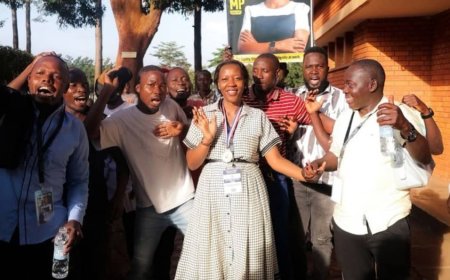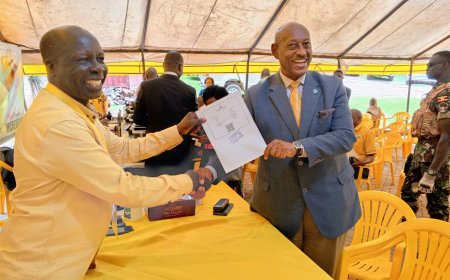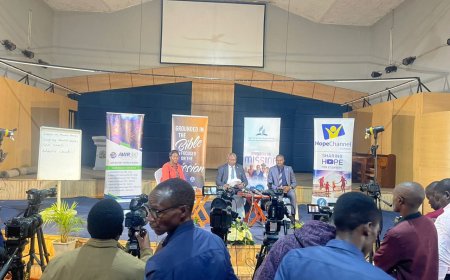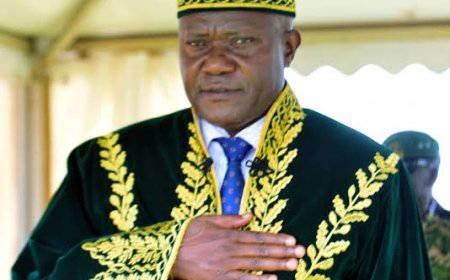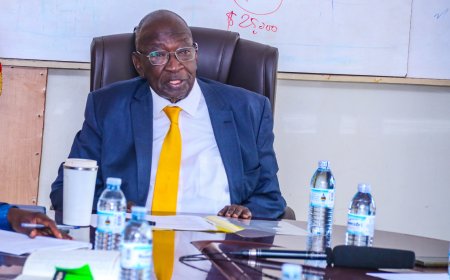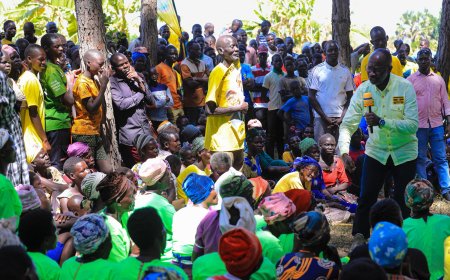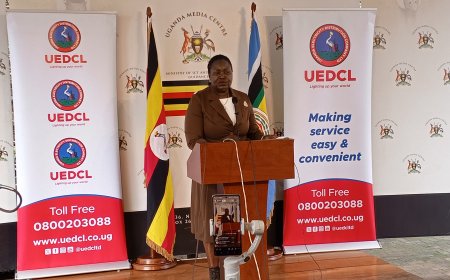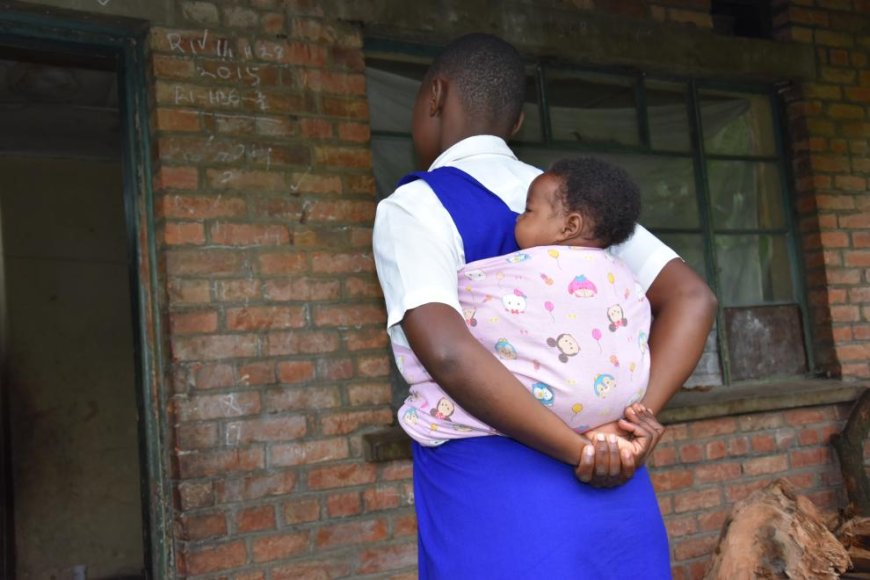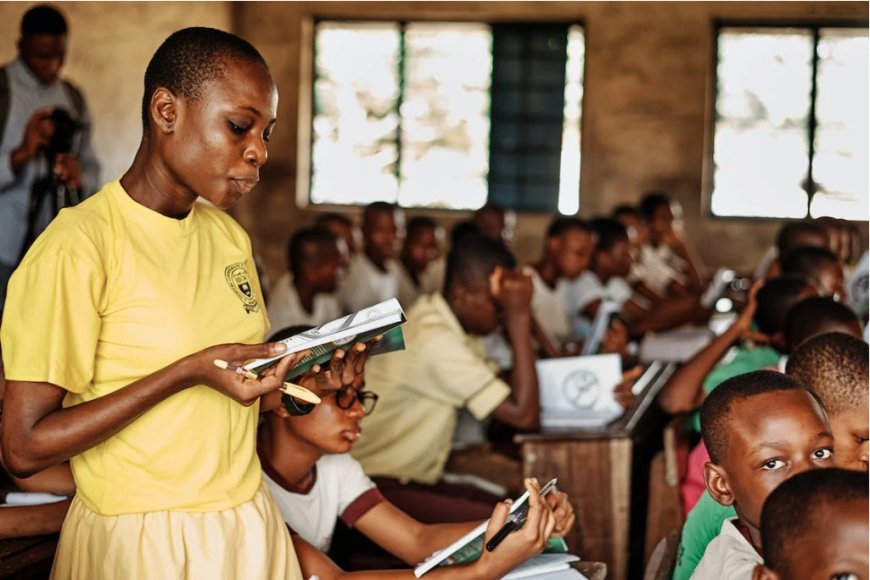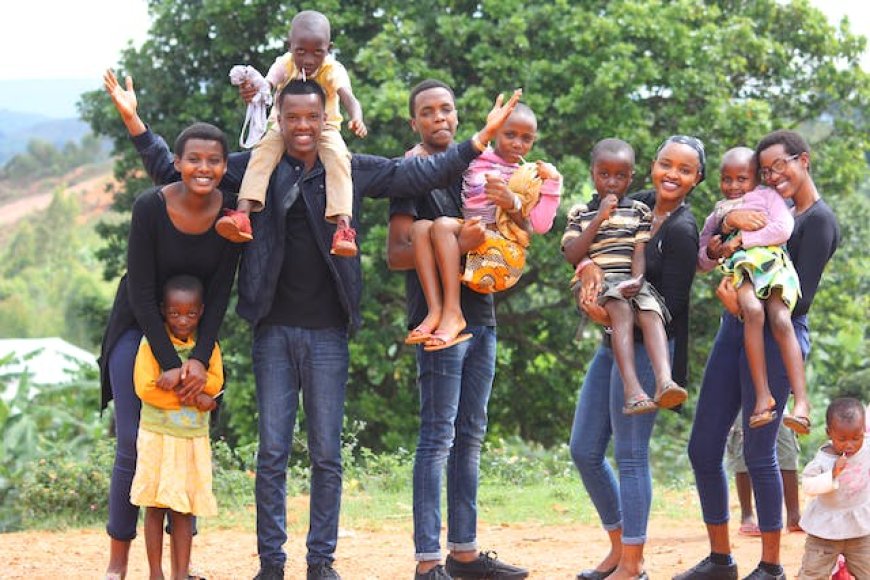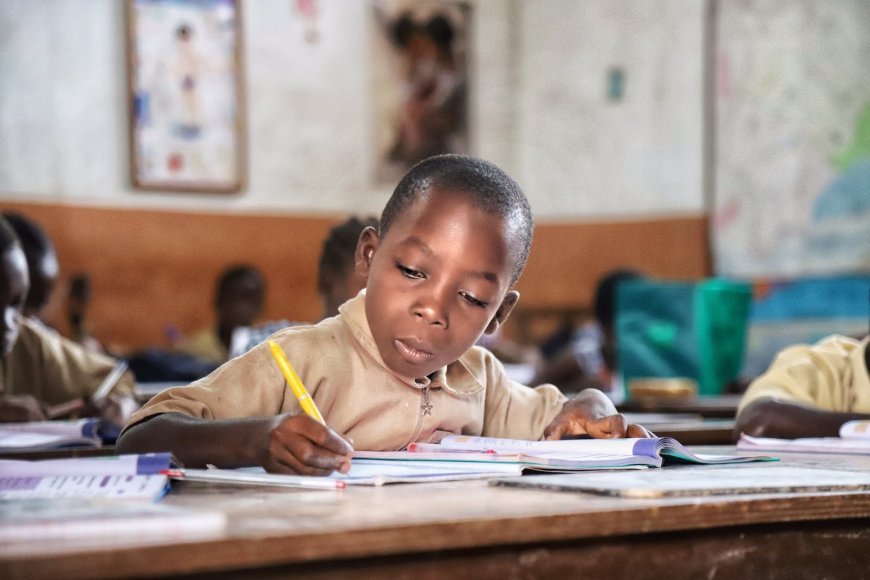Teenage Pregnancies Conversations in Northern Uganda
Teenage mothers often cannot return to school due to the stigma they face from their community, including teachers and students at school.
By Mohazzab Abdullah
UGANDA - Uganda is currently facing a crisis of teenage pregnancies. Every month, over 30,000 teenage girls, many of them of school-going age, fall pregnant. Childbearing at an early age, especially in the absence of advanced healthcare, can seriously endanger the wellbeing of both the mother and the newborn: 17.2% of Uganda’s deaths during childbirth are among mothers aged 15-19. Additionally, these are girls who could one day have become professionals in an economy where their contributions are sorely needed: as teachers, nurses, businesswomen, and as providers for their families. Instead, they often lose out on their chance to uplift themselves and their families through education. In a modernizing Uganda where women’s opportunities to earn are beginning to rival those available to men, the problem of teenage pregnancies is not merely a social issue; it is an economic one.
Teenage mothers often cannot return to school due to the stigma they face from their community, including teachers and students at school. The additional costs of childcare means that the parents of teenage mothers often cannot afford to send their daughters back to school, even if they wish to. While civil society organizations and the government work on solutions to help teenage mothers return to school, this is largely a stopgap; a band-aid. The more meaningful solution is to prevent teenage pregnancy in the first place. That is where Trac FM, a nonprofit that collects opinions from tens of thousands of Ugandans across the country through radio-based SMS polls, hopes to gain a deeper understanding. As an independent researcher who has spent the past two months interviewing SMS poll respondents, I find myself wondering whether enough is being done on the prevention front.
Why do Teenage Pregnancies Happen?
Trac FM’s recent polls on the causes of teenage pregnancy show that 63% of 12,300 respondents believe that the main cause is “accidents.” That is, young people practicing unsafe sex. My interviews and focus group discussions with over 75 people in Gulu, Nwoya, and Omoro districts largely parallel these findings: roughly 3 out of 4 people believe the main cause of teenage pregnancies is young people “experimenting” or “fooling around” with sex. Of course, the benefit of deeper, in-person conversations is that I gain a better understanding of how this happens.
A group of farmers, mostly women, in the Lulogi subcounty of Omoro see it as a problem of girls having “too much free time,” compounded by the fact that parents do not feel comfortable talking to their children about sex. Folks in the more urbanized setting of Gulu City point to increased exposure to pornography and “bad influences” on the internet and media. In Lii subcounty, Nwoya (as well as in the other areas), people raised concerns about the behavior of boys, who “lure” young girls into sex through romance, “false promises,” and sometimes, money. In any case, these factors all contribute to consensual sex practices that lead to the deeply worrying “crisis” of teenage pregnancy. In contrast, a minority of people in each locality cited defilement and child marriage as the leading causes. For example, in a focus group discussion with ten women in Lulogi, only one cited defilement, and another child marriage, as the leading causes of teenage pregnancy.
The Controversy of Contraceptive Use
The notion of fourteen-year-old (or even younger!) children engaging in sex is worrying, and not just to Ugandans. I imagine that many American and European parents would be deeply concerned at their school-aged children practicing sex. The difference, of course, is that pregnancy is prevented in more developed countries through the wide use and availability of contraceptives.
In Uganda, this is a controversial topic. I was surprised, however, to find that my interviewees, from the most urbanized to uneducated subsistence farmers living in remote areas, have flexible views around contraception. Many of them voiced valid concerns around side effects (although misconceptions ran aplenty, such as the belief that contraceptives could cause lifelong infertility). Almost all respondents also wondered if contraceptives would in fact encourage underaged sex. “What message are we sending if we hand a 12-year-old boy a condom? That he is free to do whatever he wants?” asked a SASA! Activist in Kanyagoga B, Gulu City.
A Necessary Evil?
In their debates around contraceptives, many listeners of Trac FM’s programs borrowed and further developed arguments they’d heard on those programs. The most compelling trend is that people seem to be realizing, if begrudgingly, that contraceptives might be a ‘necessary evil’ of sorts. In both Gulu and Omoro, interviewees who strongly opposed a guest speaker on a Trac FM show who suggested the increased use of contraceptives, nonetheless admitted that one of her arguments rang true. “These children are already having sex.” People I spoke to were careful to clarify that “I do not like it,” or “We should not support it,” and “We should also teach the children to abstain from sex in the first place!” However, they recognize that “times have changed” and there is a “big, big problem” (often, the statistics they heard on Trac FM’s programs help them understand the gravity of the problem).
In such a world, several respondents believe that children as young as fourteen should be able to access contraceptives. Over half my respondents in Omoro, mostly subsistence farmers, voiced this belief. This is especially promising given that women in rural areas have, on average, two more children than urban-based women in Uganda. In urban and semi-urban areas of Gulu, 12 out of my 26 respondents agreed that schoolchildren should be “educated” in the use of contraceptives. “We must not encourage it, but they should know it is an option in case they are going to practice sex anyway,” said a schoolteacher in Koro Peta.
An Ongoing Conversation: No Wrong Answers
In the coming weeks, I hope to bring the conversation around contraceptive use to Lii subcounty in Nwoya. Folks there have already enjoyed participating in a Kabake, a community discussion held and then aired by Mega FM, around the best ways to help teenage mothers return to school after childbirth. The next step is to speak to them about their views on preventing teenage pregnancy to begin with.
I am sure that they will agree with their countryfolk in Nwoya and Gulu that, in an ideal world, the solution is to encourage parents to monitor their children and educate them about abstinence and the dangers of teenage pregnancy. However, we do not live in an ideal world. I look forward to seeing what the people of Lii have to say about the imperfect solutions available to us in this imperfect world.
Sources:
Thesis fieldwork, MSc Applied Applied Anthropology, University of Amsterdam (Structured and semi-structured interviews, focus group discussions).
UNFPA Uganda, Fact Sheet on Teenage Pregnancy 2021
UBOS Demographic and Health Survey, 2016
* Speech in quotation marks is directly cited from interview responses in English or Luo (translated by a native Luo-speaking interpreter)
Mohazzab Abdullah is a Researcher from the University of Amsterdam, Graduate School of Social Sciences


